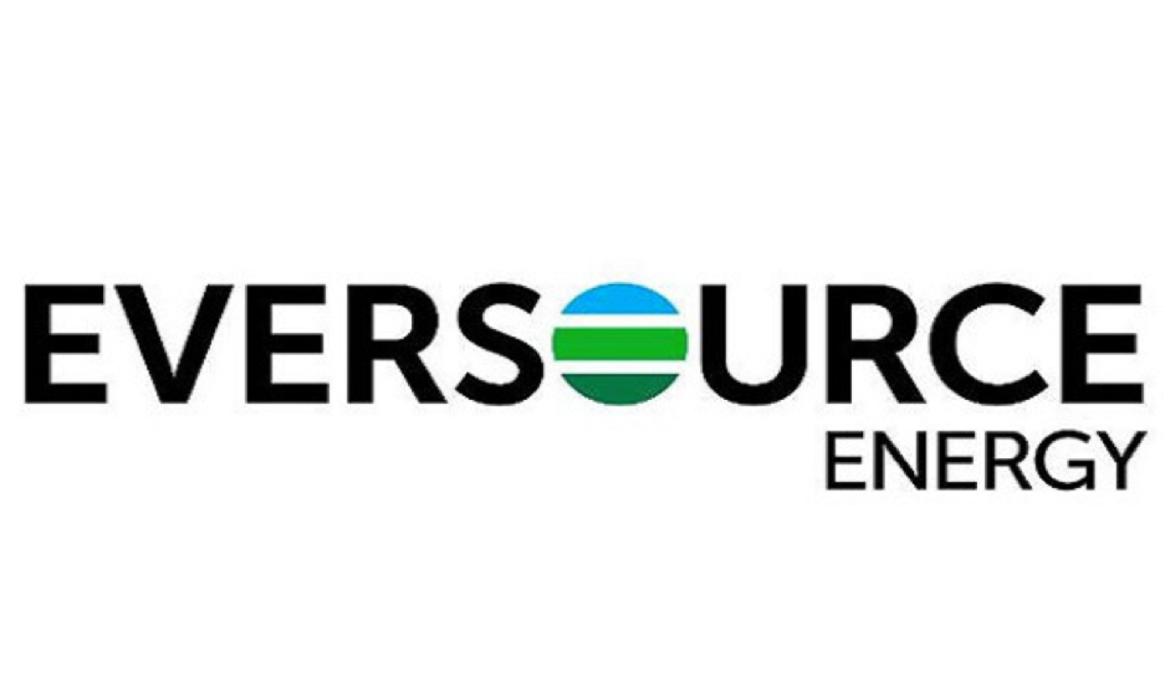By PAULA TRACY, InDepthNH.org
CONCORD – On Monday, S&P Global Ratings lowered the long-term issuer credit on the state’s largest utility, Eversource, from A- to BBB+.
While the utility for more than half a million people and businesses in more than 200 communities, which also serves other states in New England blamed Connecticut regulators, New Hampshire’s consumer advocate warned against buying the company’s line saying it may be spin intended for the state’s Public Utilities Commission.
Eversource criticized and blamed regulators in Connecticut for the downgrade in a news release issued Tuesday.
“In pointedly criticizing and blaming their regulators in Connecticut, Eversource is clearly trying to send a message to the New Hampshire Public Utilities Commission – given that Eversource currently is asking our regulators to approve a whopping 48 percent increase in distribution charges. I am confident that none of the region’s regulators, including New Hampshire’s, will be cowed by these kinds of tactics,” said Donald M. Kreis, consumer advocate for the New Hampshire State Office of the Consumer Advocate on Tuesday.
Like a person’s credit score, ratings are used to assess investor risk.
S&P Global Ratings issued a press release on Monday saying on Nov. 18, the Connecticut Public Utilities Regulatory Authority (PURA) issued final rate-case orders for Connecticut Natural Gas Corp. and Southern Connecticut Gas Co., which included material base-rate decreases for both utilities.
“These rate orders follow a recent pattern of adverse regulatory developments for investor-owned utilities operating in Connecticut, which we believe has increased business risk for Eversource Energy and its Connecticut-based subsidiaries.
“Additionally, Eversource’s financial measures have remained weak for the current rating, including funds from operations (FFO) to debt of 11.1% for the 12 months ended September 2024. Given these developments and, even after incorporating the potential sale of Aquarion Co. and its use of proceeds in a credit-supportive manner, we do not expect Eversource’s consolidated FFO to debt will consistently be greater than 14%,” S&P wrote.
Kreis said, “The public – especially the rate paying public – should not be fooled by Eversource’s self-serving statements about the erosion of its credit ratings. How convenient of both Eversource and S&P, as the rating agency, to blame vigilant regulators in Connecticut.
“In reality, our region’s biggest utility conglomerate is solely responsible for any failures to deliver safe and reliable service at the lowest possible cost. Eversource’s news release conveniently omits mention of this statement from S&P Global.”
Kreis cites the following quotation from S&P that, “Our downgrade of Eversource also incorporates the company’s weak historical financial performance and our view that financial performance will not sufficiently improve within the next three years.”
Asked if this will impact New Hampshire consumers, Kreis said in an email, “Well, I suppose this likely WILL have some minor impact on New Hampshire customers of Eversource since S&P did not just downgrade Eversource’s Connecticut operating subsidiaries but also its New Hampshire distribution utility (PSNH) as well, on a guilt-by-association basis.
“But, I think the potential benefits offset any likely costs. Eversource has been relentlessly criticizing its Connecticut regulator for daring to impose rate DECREASES when that’s what the record shows Eversource deserves. In effect, this becomes an example for regulators in the other states where Eversource operates – New Hampshire and Massachusetts – to follow.
It is a no-brainer that investors and lenders are happier when regulators rubber stamp rate increases requested by utilities like Eversource, he said.
“Anything more vigilant than that makes the utility riskier for both investors and lenders, and today’s statement from Eversource must be evaluated with that in mind,” Kreis said.
Kreis said it makes sense that Eversource and S&P Global would complain about developments in Connecticut instead of asking themselves: “What can we do to make this company more efficient, responsive, and innovative?”





